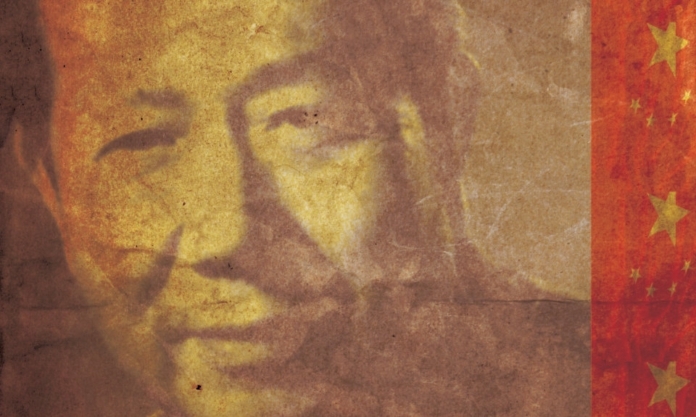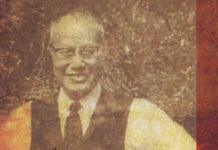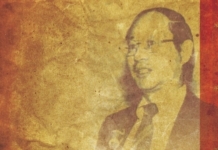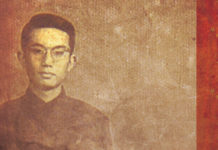Shui Hua (水华) was a film director and screenwriter who maintained artistic integrity while also appealing to the general public with his simplicity and a subtle but clear personal style.
Born in Nanjing on 23 November, 1916, Shui devoted himself to left-wing drama activities when he was as young as 15. This was to forge the foundation of his career and make him posthumously more and more relevant today.
In 1933, Shui enrolled the law department of Fudan University in Shanghai and the following year served as a member of the Nanjing Branch of the League of Left-Wing Writers.
It would pave the way for his long term career as one of China’s most acclaimed directors, when he would often use the screen name Zhang Shuihua, possibly to be more “directorial”.
But Shui’s work should not be too narrowly bookmarked as left-wing cinema.
The term “left wing” has connotations with not only politics at the top of the tree, but also the media and entire branches of sociology below it.
But to the average Chinese citizen in the 1930s, “left wing” remained but two words. Laikwan Pang points this out in “Building a New China in Cinema: The Chinese Left-Wing Cinema Movement, 1932-1937” (Lanham: Rowman & Littlefield Publishers; 2002).
Pang notes that while the genre may have had political intent, these movies brought in an audience that “spanned a large spectrum of population in Shanghai”, in particular “petty urbanites”, a term that refers to, at least from the leftists’ point of view, a community of urban consumers who were “unenlightened, conservative and with a taste for things popular”.
Hence, and with the study of Chinese cinema now more popular than ever before in western colleges and universities, a prolonged consideration of Shui’s canon of work would be a valuable scholarly pursuit.
In 1950, Shui co-directed “White Haired Girl” (白毛女) which went on to win the special honour award at the 6th Karlovy Vary International Film Festival in today’s Czech Republic.
Further critical acclaim came as the decade closed, with Shui as solo director on “The Lin Family Shop” (林家铺子), based on a short story by Mao Dun.
But then came China’s turmoils of the 1960s and 70s, which made many believe that Shui had already directed his last ever film. But that was not to be the case at all.
The 1980s saw Shui in the director’s chair once again for more films based on celebrated authors’ works; 1981’s “Regret for the Past” (伤逝), adapted from a story by Lu Xun; and 1984’s “Blue Flowers”, based on the Li Guowen short story, “Eclipse of the Moon” (月食).
Recognition for his 4 decades of work in the industry came Shui’s way in 1995. Commemorating the 90th anniversary of the birth of Chinese cinema, Shui was awarded with a Director Award in the Chinese Century Movie Awards.
Shui died of illness in Beijing at the age of 79 on 16 December, 1995. Leaving behind him at least one movie from each period in the history of Chinese cinema, the rigorous creative attitude of this Great Nanjinger persists even today for those interested in the Middle Kingdom’s silver screens.












